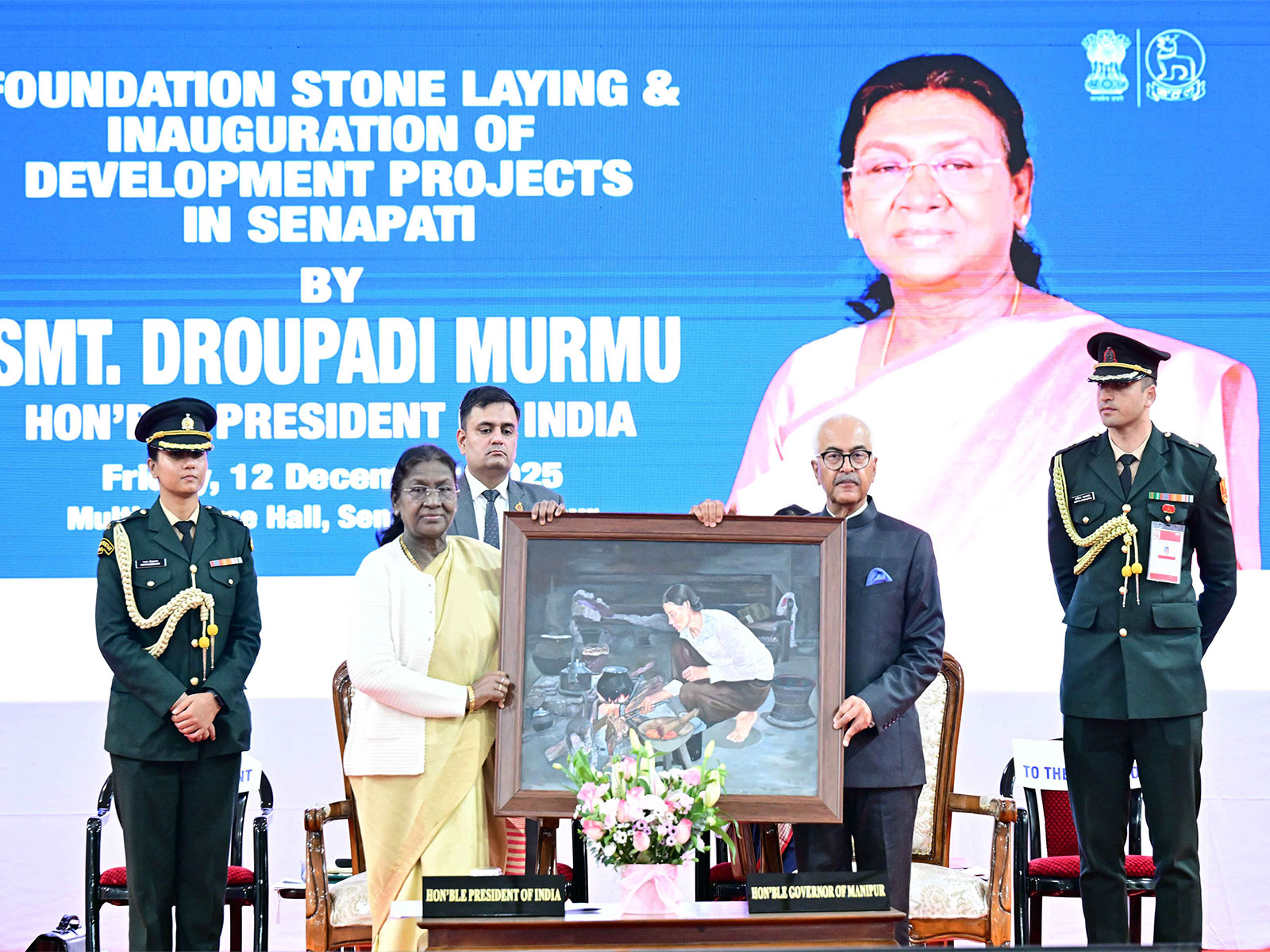Common approach on South China Sea, member nations dealing with China bilaterally on territorial disputes: ASEAN Secretary-General
Feb 14, 2024

New Delhi (India), February 14 ASEAN members have a common approach on matters relating to the South China Sea, ASEAN Secretary-General Dr Kao Kim Hourn said on Wednesday, noting that nations need to negotiate bilaterally with China to resolve disputes.
In an exclusive interview with ANI, Dr Kao Kim Hourn, who is in India on an official visit, talked about Code of Conduct negotiations under progress and said they are looking at how they can manage the situation in the South China Sea.
South China Sea is one of the most important sea lines of international trade and is considered rich in resources. China's sweeping claims over the sea have antagonized competing claimants including Malaysia, Brunei, Indonesia, the Philippines and Vietnam.
Vietnam, Malaysia, the Philippines, Indonesia and Brunei are members of the Association of Southeast Asian Nations (ASEAN).
"There is unity among ASEAN nations. We are negotiating with China on the Code of Conduct. It is just the process may take some time. There are so many things that we do together our united position, and our common voice...we wouldn't be able to move to where we are today," Dr Kao Kim Hourn told ANI.
He was asked if ASEAN nations have a common approach while dealing with territorial disputes in the South China Sea.
On July 13 last year, China and countries of the Association of Southeast Asian Nations (ASEAN) reached new guidelines to accelerate negotiations for a binding code of conduct (COC) on the South China Sea.
ASEAN Secretary-General said the member nations have a common voice and are working on the basis of United Nations Convention on the Law of the Sea (UNCLOS).
Answering a query on disputes in South China Sea, he said these will be tackled bilaterally.
"These will have to be done through negotiations bilaterally. We talk about territory disputes, so for example, if X country and Y country are in dispute, they have to negotiate...We want to see peaceful negotiation...So for us, on the South China Sea issue, the reason why we are able to negotiate now is that because we have a position, that means that we have to negotiate between ASEAN and China (on COC)," he said.
The United Nations Convention on the Law of the Sea was adopted in 1982. It lays down a comprehensive regime of law and order in the world's oceans and seas establishing rules governing all uses of the oceans and their resources.



















